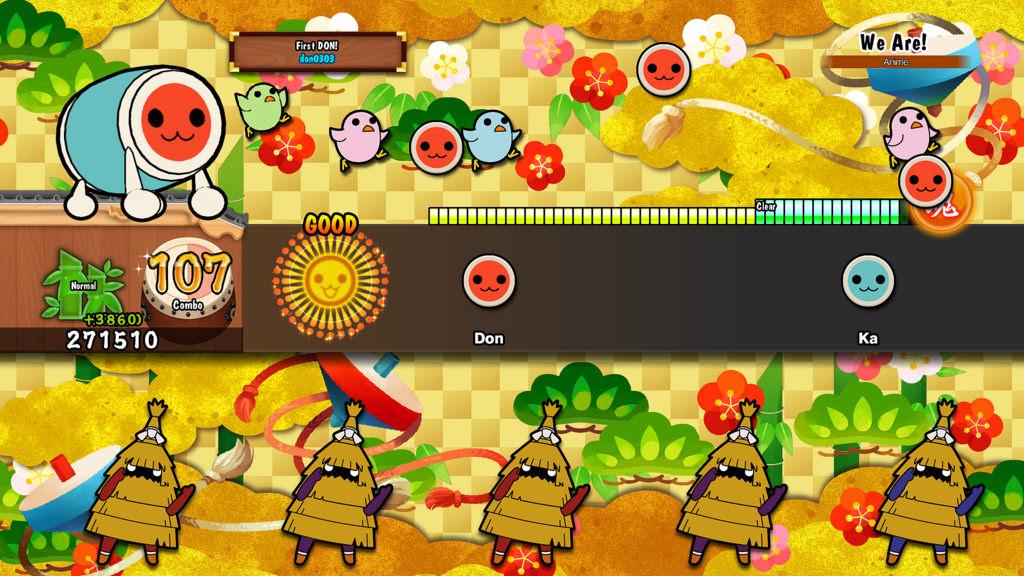With all of the recent media attention gaming has been garnering due to its addictive nature, it seems governments are finally starting to come together to discuss the issue and what should be done about it. According to an article on Eurogamer, 16 countries are joining forces to “address the risks created by the blurring lines between gaming and gambling.”

Regulators from these countries have stated that game developers must “ensure that features within games, such as loot boxes, do not constitute gambling under national laws.” Honestly, this should have been among the first items monitored by both governments and platforms which these games are hosted on such as Google Play and the App Store. The latter should be just as liable for games that break national laws as the developers who created them.
Eurogamer cites one of the biggest topics that was addressed by the collaboration as gambling sites that allow people to bet on gaming items. While this is definitely a problem that should be addressed, it’s probably safe to assume the vast majority of people using such sites are adults who have the mental capacity to fully understand what they are getting themselves involved in. The bigger problem here is without a doubt games that feature gambling mechanics that are being targeted at children.
Whereas in the 90s a game ended when you beat it, the advent of the internet and downloadable patches changed how games were monetized. For the past 5 years, games as a service has increasingly become the industry norm. These types of games regularly introduce new content that pull players to make a purchase. Often times, this content has some aspect of chance to them, and yet, regulators have until now turned a blind eye to the threat this model has become.
With stories of gamers squandering incredible amounts of money on gacha-style games, and an increasing number of kids becoming addicted to games, it’s clear that there is something wrong with the industry that needs to be addressed. Sure, better parenting and making wiser decisions are important factors here, but the reality is that games are often developed specifically to be addicting. Game developers are incorporating the learnings from psychological studies on addiction into the design of their games to make players want to keep playing. This right now is a legal gray area, and given the destructive effects the lack of policing has resulted in, it’s about time the government has put some effort into understanding the issue.
Featured Image Source: Justpushstart









